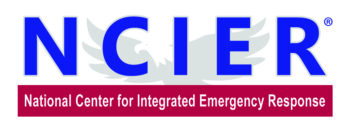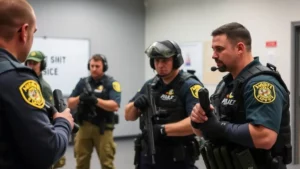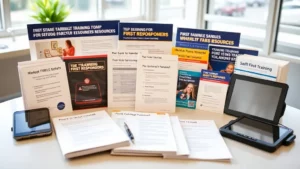Today’s episode tackles the question — How can first responders get real practice with active shooter incident management—when true incidents are (thankfully) rare in a career? Our panel explores practical strategies for integrating incident management skills into everyday calls and routine events—so you’re always prepared, even if you only see a “big one” once in your career.
Key highlights:
- Discover how to build skills by applying active shooter incident management techniques during regular calls (like missing persons, single-patient shootings, or barricaded suspect events).
- Learn why adopting consistent terminology and roles on low-risk or special event calls (like fairs or football games) builds strong incident command habits.
- Hear examples of leveraging staging, tactical roles, and unified command in day-to-day operations—on both fire/EMS and law enforcement sides.
- Find out how these daily practices help responders break down silos, develop relationships, identify training gaps, and get more comfortable with critical incident management tools.
- Tips on building relationships, practicing rapid triage, and involving all agencies in pre-planning for special events.
Even if you respond to routine incidents or planned gatherings, there are constant opportunities to use and strengthen your active shooter response skills. This episode is packed with real-world advice, stories, and actionable ideas you can put to work immediately!



